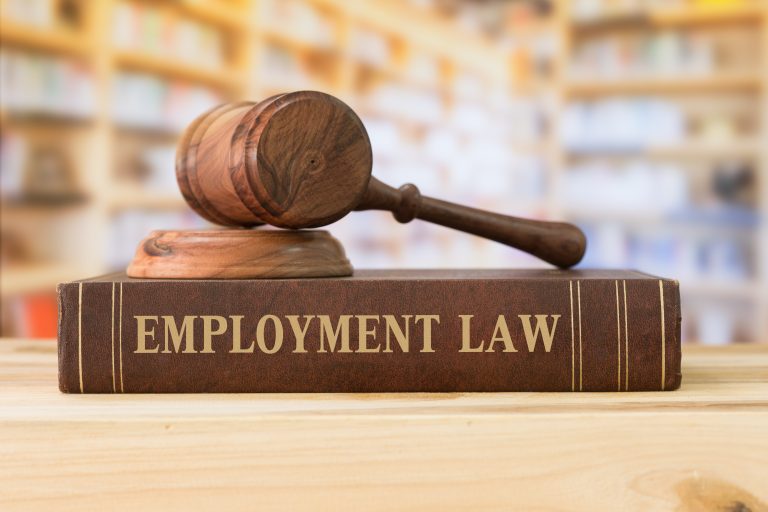Is it fair to dismiss an employee who came to work, knowing that he was exposed to COVID-19? Absolutely, said the Labour Court in a recent judgment (Eskort Limited v Stuurman Mogotsi and others, case number JR1644/20). The court was not only critical of employees who act with scant regard for the health and safety of their colleagues and customers, but also cautioned employers to act more decisively in ensuring the health and safety of their staff.
Mr M, the employee in question, travelled to work every day by car, with a colleague. His colleague fell ill, with Mr M also experiencing symptoms associated with COVID. He was then booked off work due to this illness on two occasions. The employer advised Mr M to stay at home, having been booked off for illness. Mr M, however, persisted in coming to work. This he continued to do even after it became known to him that his ride-sharing colleague had tested positive for COVID. In addition, after he received his own positive test results, he reported for duty in person to hand in his results. During the period when he underwent the test, but was awaiting the test results, he continued to attend the workplace and interact with other employees.
After receiving the result, he was seen walking around in the workplace without wearing a mask and hugging another employee (who had co-morbidities). Mr M was sent home, and then faced a disciplinary hearing upon returning to the office more than two weeks later.
The employer dismissed Mr M for (i) failing to notify it that he suffered from COVID symptoms, and (ii) neglecting to take appropriate steps after receiving his test results, including declining to self-isolate, continuing to attend work, and not practicing social distancing at work. The employer’s disenchantment with Mr M was compounded by the fact that he was part of the employer’s Coronavirus Site Committee and was responsible for putting up the posters to create awareness of do’s and don’ts in respect of exposure. Mr M claimed that he had informed the employer of his contact with his ill colleague but was not given clear direction as to the steps he ought to have taken.
At the employment tribunal, the presiding commissioner found that Mr M’s conduct was “extremely irresponsible” and that he was “grossly negligent”. To the amazement of the employer (and the court subsequently), the commissioner awarded the employee reinstatement after finding that dismissal was not the appropriate remedy. The court (on review) was critical of the commissioner’s handling of the matter, especially his reasoning in holding the employer to suggested sanctions in its own disciplinary code, rather than considering the merits and determining the appropriate sanction on the facts. The court was clear that the employee’s conduct negatively impacted on a sustainable employment relationship, and thus dismissal was to be the appropriate sanction.
The employer did not escape the court’s chagrin either. The judge chastised employers for not taking decisive action in ensuring the health and safety of staff, stating, “It is one thing to have all the health and safety policies in place and on paper. These are however meaningless if no one, including employers, takes them seriously.” The court upheld the review application and held that Mr M’s dismissal was indeed fair.
Employers may take a cue from this judgment to be more robust in managing employee conduct in the workplace where it impacts the health and safety of employees and customers. Employees who fail to adhere to COVID protocols should expect little sympathy from employers, the employment tribunal or the court. Employers need not pussyfoot around employees who act callously or harbour conspiracy-theory or unorthodox views about the impact of the virus where this impacts on their workplace conduct. Failing to believe in the impact of the virus is not likely to be a valid defence against dismissal for refusing to adhere to workplace protocols.
Johan Botes is the Partner and Head of the Employment & Compensation Practice at Baker McKenzie in Johannesburg.






















